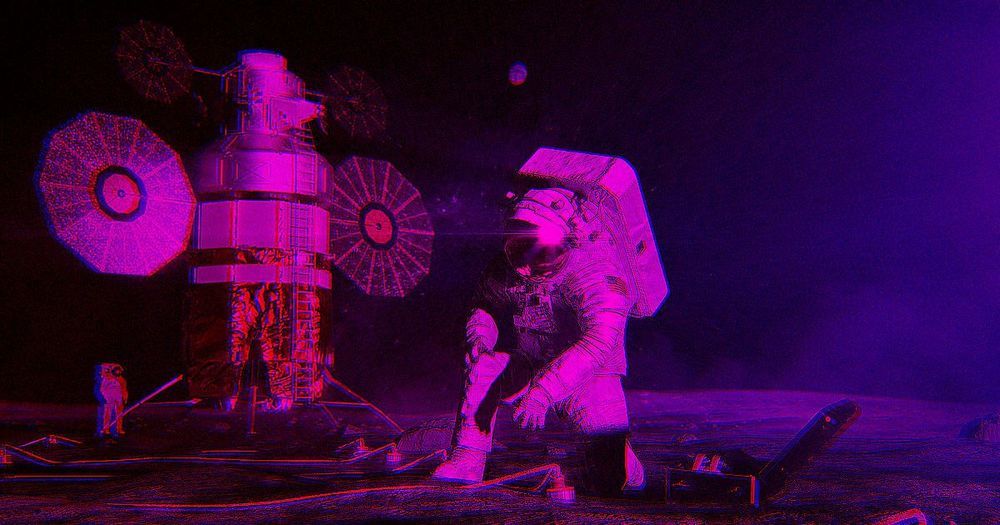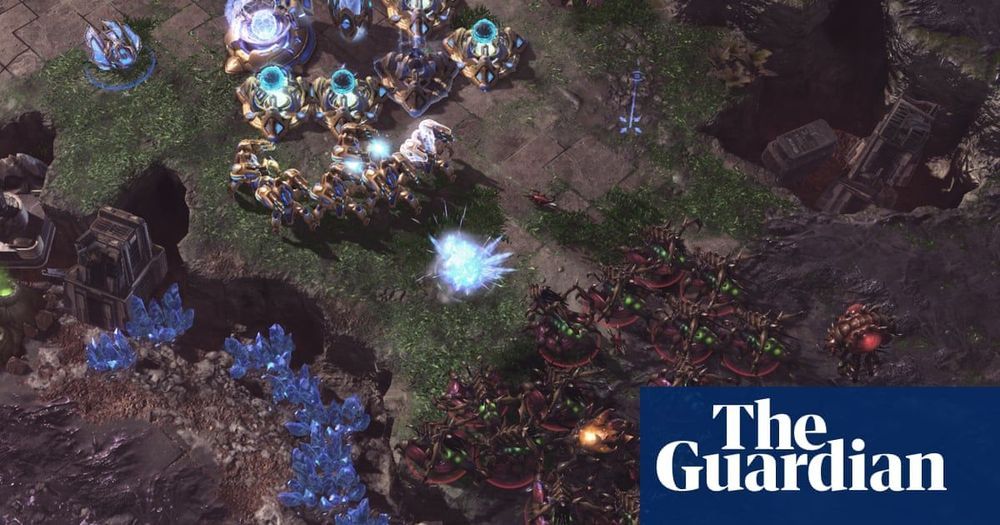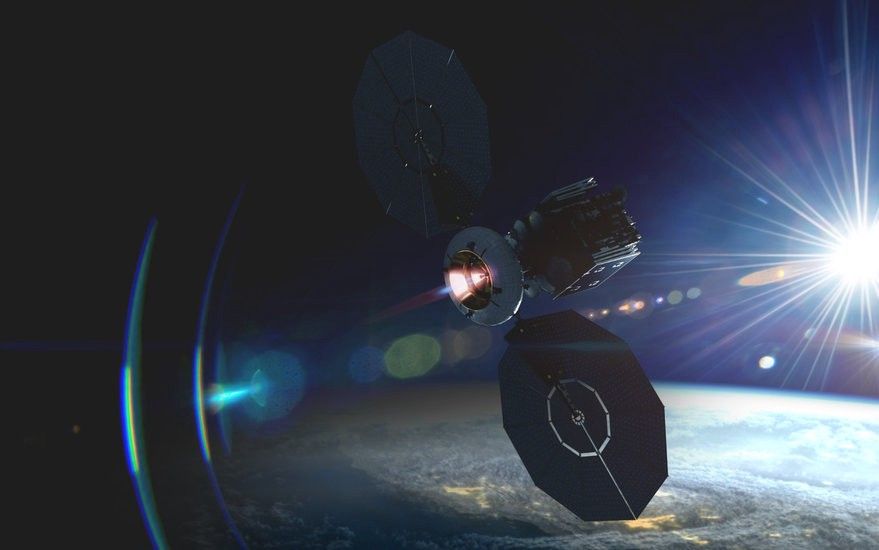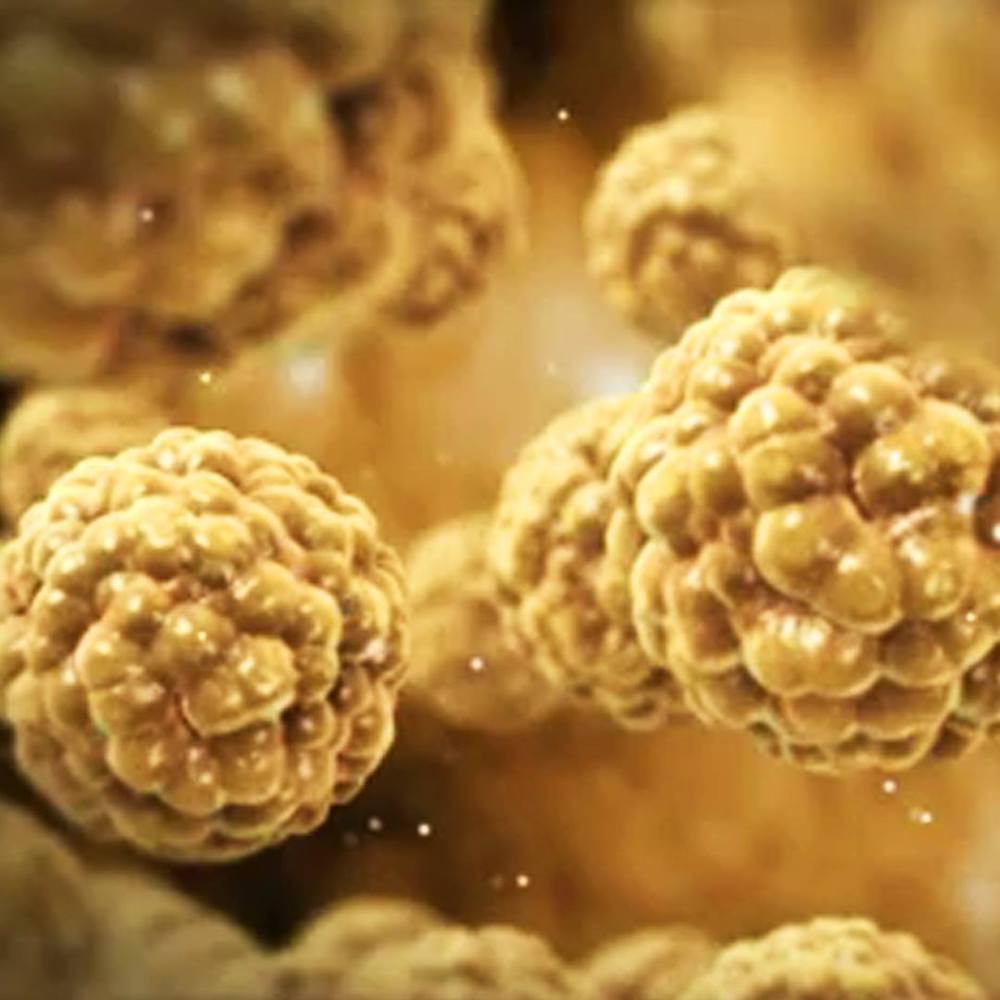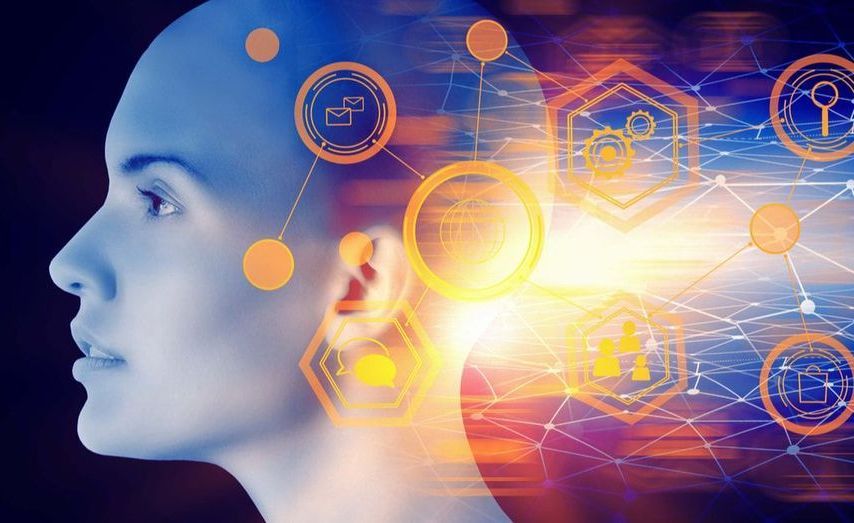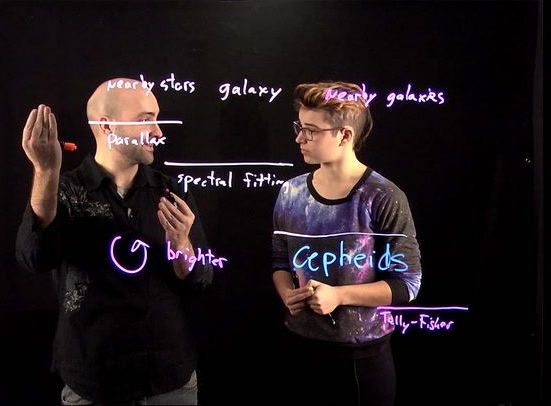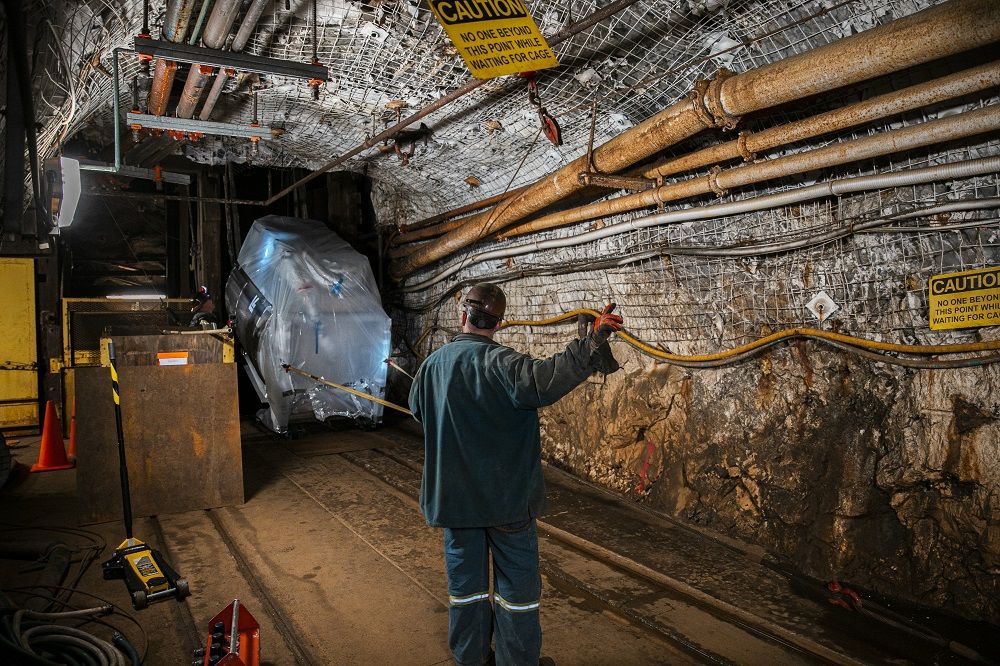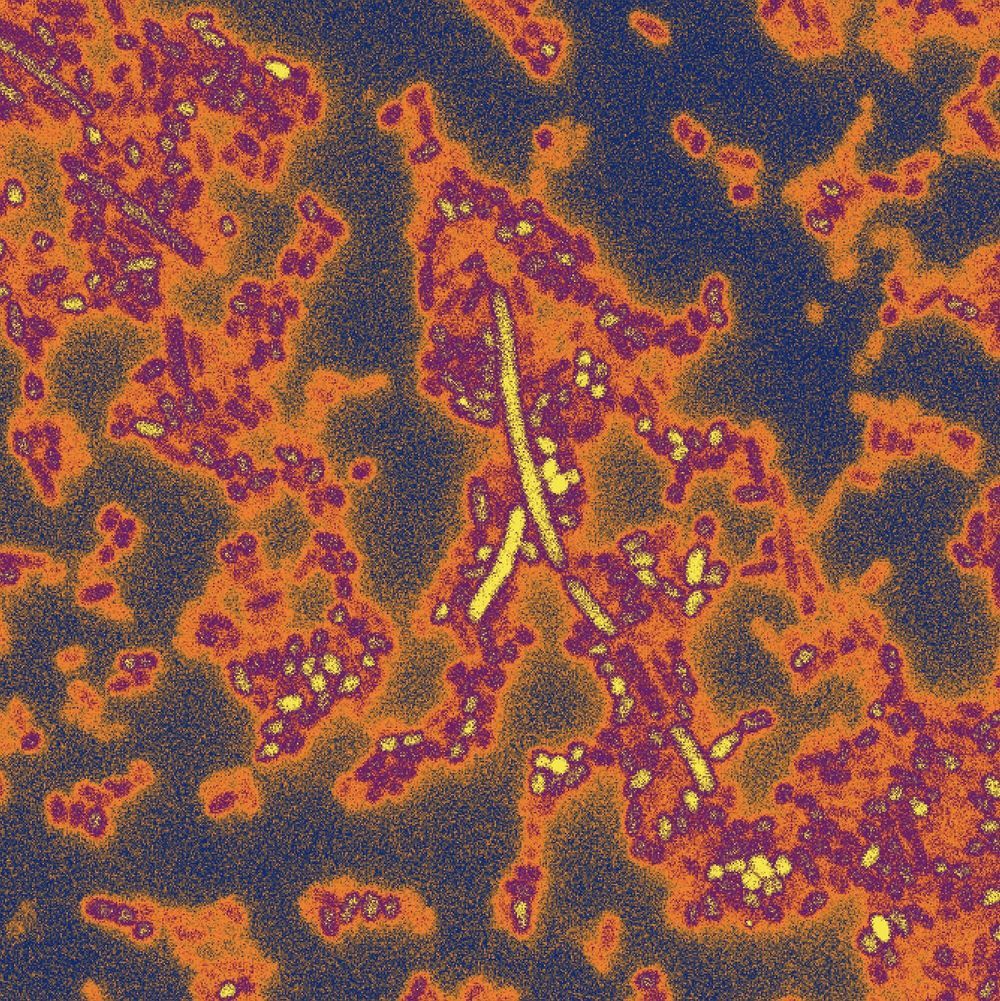Page 8199
Oct 31, 2019
Southeast Asia is seeing a new kind of logistics surge as start-ups apply new technology to old problems
Posted by Derick Lee in category: entertainment
Over the past decade, industry stakeholders have been able to observe that 3PLs will soon have no choice but to build out their digital capabilities, not just to make themselves more agile, but to meet the demands of the region’s fast-growing retail sector. This in turn creates big opportunities for tech-powered start-ups to carve out their own piece of the pie.
New-found variety, speed, transparency, and on-demand efficiency in the logistics game have begun to take precedence in the region.
Oct 30, 2019
Neural network reconstructs human thoughts from brain waves in real time
Posted by Quinn Sena in categories: biotech/medical, robotics/AI
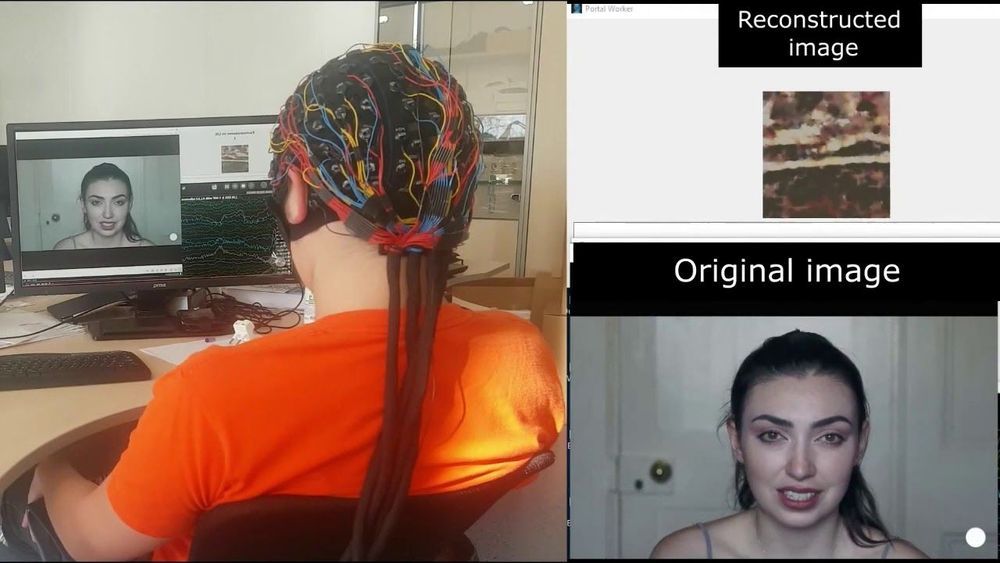
Researchers from Russian corporation Neurobotics and the Moscow Institute of Physics and Technology have found a way to visualize a person’s brain activity as actual images mimicking what they observe in real time. This will enable new post-stroke rehabilitation devices controlled by brain signals. The team published its research as a preprint on bioRxiv and posted a video online showing their “mind-reading” system at work.
To develop devices controlled by the brain and methods for cognitive disorder treatment and post-stroke rehabilitation, neurobiologists need to understand how the brain encodes information. A key aspect of this is studying the brain activity of people perceiving visual information, for example, while watching a video.
Continue reading “Neural network reconstructs human thoughts from brain waves in real time” »
Oct 30, 2019
‘The challenge was to play like a human’: AI takes on the gamers
Posted by Genevieve Klien in category: robotics/AI
Google’s DeepMind beat 99.8% of humans at StarCraft II, but bigger challenge was not giving itself away.
AI becomes grandmaster in ‘fiendishly complex’ StarCraft II.
Oct 30, 2019
Water Plasma Propulsion tested successfully in Space
Posted by Klaus Baldauf in categories: innovation, satellites
This is yet another glaring example of the innovative spirit of Silicon Valley. The startup has been successfully testing the novel idea on its El Camino Real spacecraft — launched on a Russian Soyuz rocket in July 2019. Momentus will continue to perform simulations on its spacecraft for the next few months to gather enough data to compare it with the results of the ground tests to validate the proper functioning of the new system.
It’s spacecraft, El Camino Real, is a 16-unit CubeSat integrated by Astro Digital — a spacecraft manufacturer and geospatial data analysis company based out of California as well. Momentus has already secured funding of $34 million funding to develop two shuttles, Vigoride and Vigoride Extended, which will maneuver satellites between orbits.
The most prominent application for this is when new satellites are deployed in orbits via rockets. When the former is dropped off in orbits, they can be moved to optimal positions using this technology in a cheap & efficient manner. Momentus originally started off in 2018 as a transportation service for small satellites seeking rides to medium Earth, geostationary or low lunar orbit.
Oct 30, 2019
Cancer Cells Converted into Harmless Fat Cells in Mice
Posted by Paul Battista in category: biotech/medical
Oct 30, 2019
The Case Against Reality, a new book
Posted by Alex Vikoulov in categories: evolution, neuroscience
After reading the new book “The Case Against Reality: Why evolution hid the truth from our eyes” by cognitive scientist Donald D. Hoffman, many academics and general readers alike may conclude that the Interface Theory of Perception well might be regarded as the most advanced theory of consciousness to date. If you dare to glance outside the paradigmatic square of neuroscience and neurophilosophy, then this book opens up a brand new perspective shedding light on the most probable future venue of scientific endeavor for the theory of everything with computational underpinnings and revolving around phenomenal consciousness.
Challenging the orthodoxy of still-predominant physicalism with undeniable logic and recent epistemological discoveries, Donald Hoffman crafts out his new Interface Theory of Perception which, for some inexplicable reason has been overlooked for so long and is but self-evident: Each conscious agent inhabits their own virtual bubble-universe while using species-specific sensory-cognitive modality in interfacing with objective reality.
In my recently-published book The Syntellect Hypothesis: Five Paradigms of the Mind’s Evolution (2019) I go a step further by submitting to you that “that something in objective reality” (in the words of Hoffman) is nothing less than non-local consciousness, or the Universal Mind if you prefer, co-creating each and every observer timeline. My ‘Experiential Realism’ is Hoffman’s Conscious Realism.
Oct 30, 2019
The Cosmological Conundrum of the Expansion Rate of the Universe
Posted by Paul Battista in categories: physics, space
Different measurements of the universe’s expansion yield different results. Are we getting something wrong, or do we need brand-new physics to figure it out?
Oct 30, 2019
US dark-matter detector heads underground
Posted by Paul Battista in category: particle physics
The main component of the LUX-ZEPLIN dark-matter detector has been installed at the Sanford Underground Research Facility in Lead, South Dakota.
The central cryostat for the experiment, which weighs about 2200 kg, was successfully lowered some 1500 m underground last week. Over the coming months, the detector will be wrapped in layers of insulation and then next year be filled with around 10 tonnes of ultra-pure liquid xenon.
LUX-ZEPLIN is expected to begin operation in July 2020 when it will become the largest direct detection dark-matter experiment in the US. It will search for weakly interacting massive particles – a leading dark-matter candidate – with scientists hoping to capture flashes of light that are produced when dark-matter particles interact with the heavy xenon atoms.
Oct 30, 2019
To survive in the human gut, bacteria need genetic ‘passcode’
Posted by Paul Battista in categories: biotech/medical, genetics
Humans’ guts are a dangerous place.
Bacteria living in people’s intestines pump out toxins to deter microbial intruders. But each person’s gut comes with its own set of toxins—an individualized “passcode” microbes must solve to survive, scientists report October 30, 2019, in the journal Nature.
The findings suggest that there’s not a one-size-fits-all approach to probiotics or live biotherapeutics, the microbial supplements that promote the growth of healthy bacteria, says study coauthor Joseph Mougous, a Howard Hughes Medical Institute (HHMI) Investigator at the University of Washington (UW). His team’s work is an early step toward figuring out how scientists might instead tailor beneficial microbes to different people.
